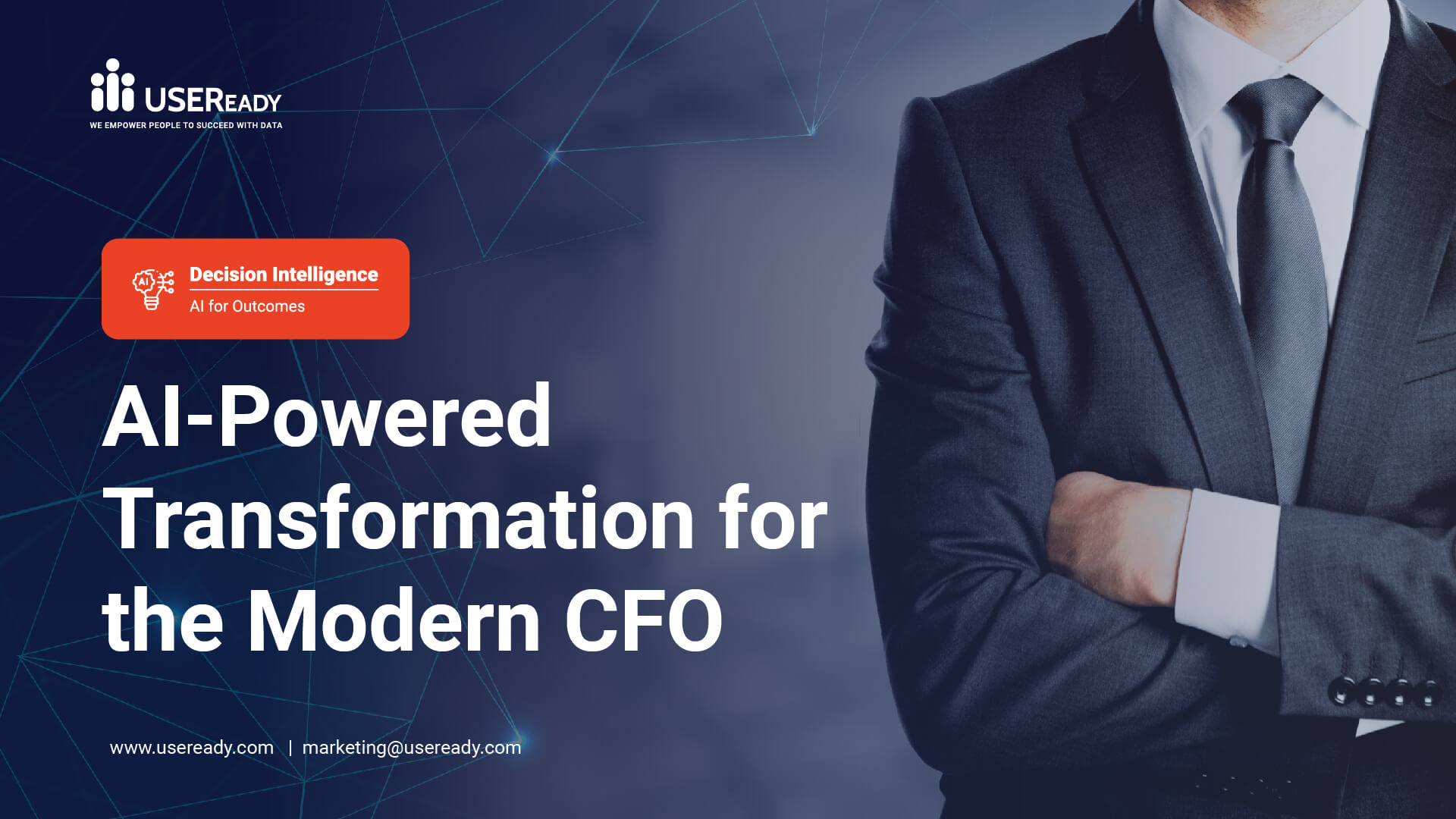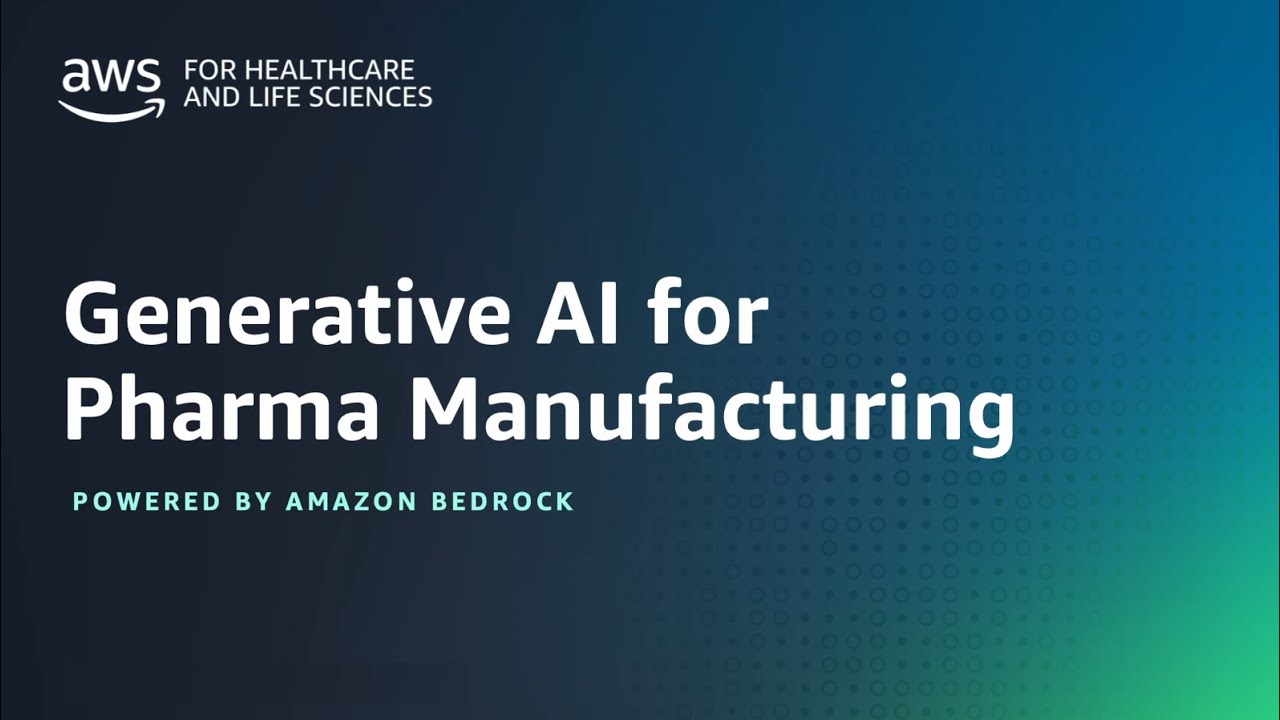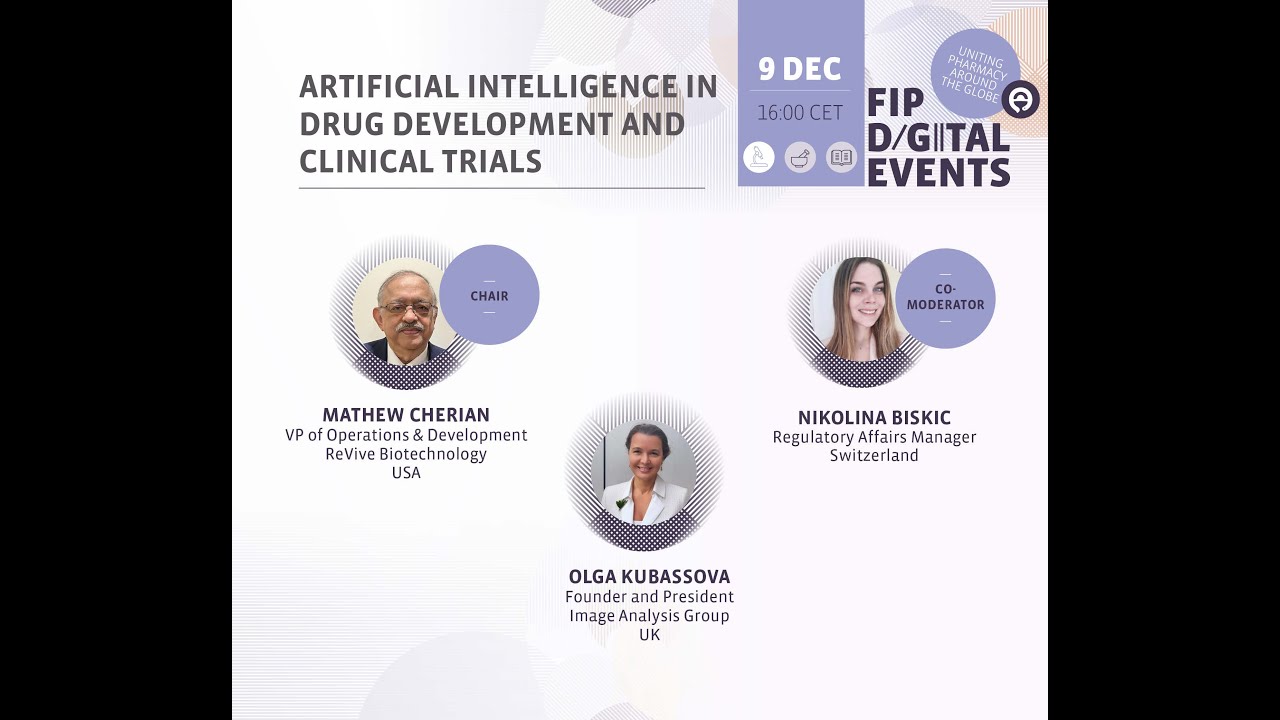AI Agents: Accelerating Innovation in Pharma
Exploring how intelligent systems speed drug discovery, optimize operations, and enhance patient outcomes.
Community Member(s)

AI for pharmaceuticals: Targets general inquiries about AI use in the industry.
AI agents in pharma: Focuses on the core service of the website.
Drug discovery with AI: A high-value commercial term for a key application.
AI solutions for pharma: A direct-intent term used by potential buyers.
Agentic AI in life sciences: Broadens the scope to include related biotech and life sciences firms
Clinical trial optimization with AI agents: Targets a specific, complex problem in the pharma industry.
AI agents for pharmacovigilance: Focuses on a critical and highly regulated area of pharmaceutical operations.
Accelerate drug discovery with AI: A benefit-oriented keyword highlighting speed to market.
AI for patient engagement in pharma: Addresses marketing and patient-focused applications.
AI in pharma R&D: Targets the high-value research and development market.
Predictive analytics in drug discovery: Highlights a specific technological capability.
How AI agents reduce clinical trial costs
Best AI tools for pharmaceutical sales teams
Improving regulatory compliance with agentic AI
Benefits of AI-powered market analysis for pharmaceutical companies
AI in pharma manufacturing best practices
Comparing AI agent providers for pharmaceutical research
AI agents for personalized medicine and patient outcomes
AI’s Impact on Pharma Sector
AI agents are transforming the pharmaceutical industry by streamlining critical processes across research, development, and production. From analyzing vast datasets to identify promising drug candidates to optimizing clinical trials and supply chain management, these intelligent systems accelerate innovation while improving efficiency and reducing costs.
By integrating AI, pharma leaders can enhance personalized medicine, maintain rigorous product quality, and bring new treatments to market faster. We’re a community connecting pharma and technology leaders to share insights, explore emerging applications, and discuss how AI agents can drive innovation, operational excellence, and better healthcare outcomes.
The Art of Possible in Pharmaceutical Industry
Curated Resources
Community Member(s)

Priya Raghupathi brings a powerful blend of strategic insight, operational excellence, and deep domain expertise across life sciences and healthcare sectors. She has spent her career guiding organizations through complex change with data to improve decisions and patient outcomes.
Frequently Asked Questions
What is the purpose of this community? 

The purpose of this community is to bring together professionals, researchers, and leaders who are exploring how AI or specifically, Agentic AI can transform the pharma sector. Members share knowledge, best practices, and real-world applications to help one another understand and adopt AI-driven solutions.
What are the community guidelines and code of conduct? 

All submissions to this community - whether articles, videos, event proposals, or award nominations - are reviewed by moderators before being published. To help us maintain a professional and useful resource for members, please follow these guidelines:
- Keep content focused on AI agents and their applications in your industry.
- Ensure your submissions are accurate, fact-based, and well-sourced.
- Promotional content is welcome only if it provides clear educational or practical value.
- Respect confidentiality and avoid sharing proprietary or sensitive information without permission.
Our moderation team reserves the right to edit or decline submissions that do not meet these standards.
How do I participate in the community? 

Participation is simple: members contribute by submitting content that adds value to the community. You can:
- Submit articles or whitepapers that highlight use cases of AI agents in your industry.
- Share videos, research, or presentations that showcase insights, case studies, or practical applications.
- Nominate yourself or your organization for industry awards.
- Propose events or webinars that would be useful to fellow members.
All submissions are reviewed by moderators to ensure they are relevant, accurate, and aligned with the community’s focus on AI-driven innovation. Approved content is then published and shared with the wider membership.
How can I join or host community events? 

We host webinars, virtual meetups, and roundtables that explore AI applications across industries.
- To attend, register through the Events page or via invitations sent to members.
- To propose hosting an event, submit your topic and details to the moderators for review.
- Event recordings are made available to members after the session.
How do I send nomination for an industry award? 

- The nominee’s name (individual or organization).
- A description of their project or contribution.
- The impact achieved using AI agents.
Self-nominations are welcome.
How are award winners selected? 

Award winners are chosen through a two-step process:
- Expert Review - A panel of industry specialists evaluates all submissions against criteria such as innovation, measurable outcomes, scalability, and ethical AI practices.
- Community Recognition - Shortlisted entries are highlighted for members, giving the broader community a voice in the final outcome.
This ensures winners reflect both expert judgment and industry-wide relevance.
What should I do if I run into technical issues? 

If you have trouble accessing content, submitting materials, or registering for an event, please try standard fixes such as clearing your browser cache or switching to a different browser. If the issue continues, contact us for assistance.
How can I contact support or moderators? 

niv@ai4outcome.com







